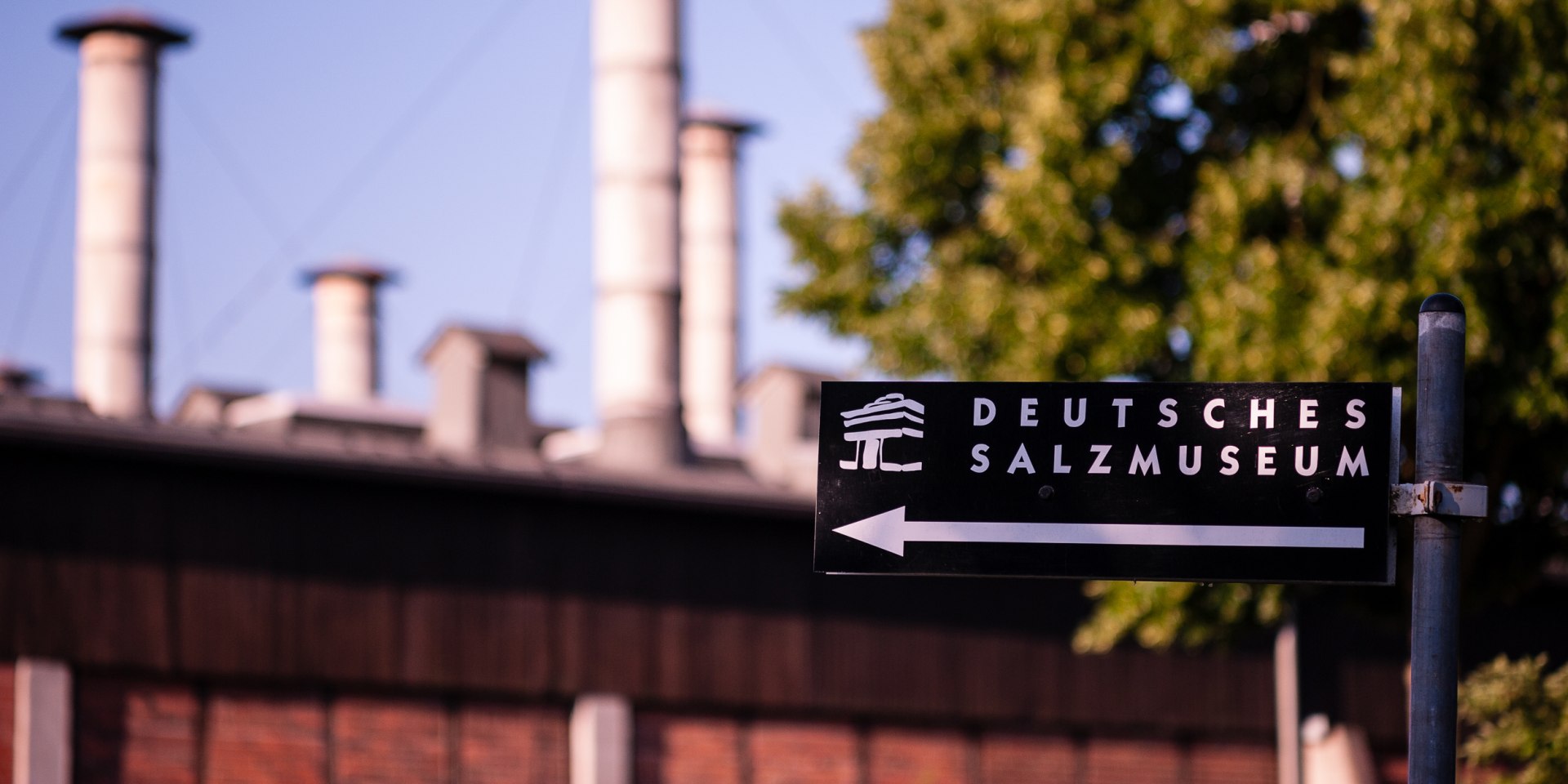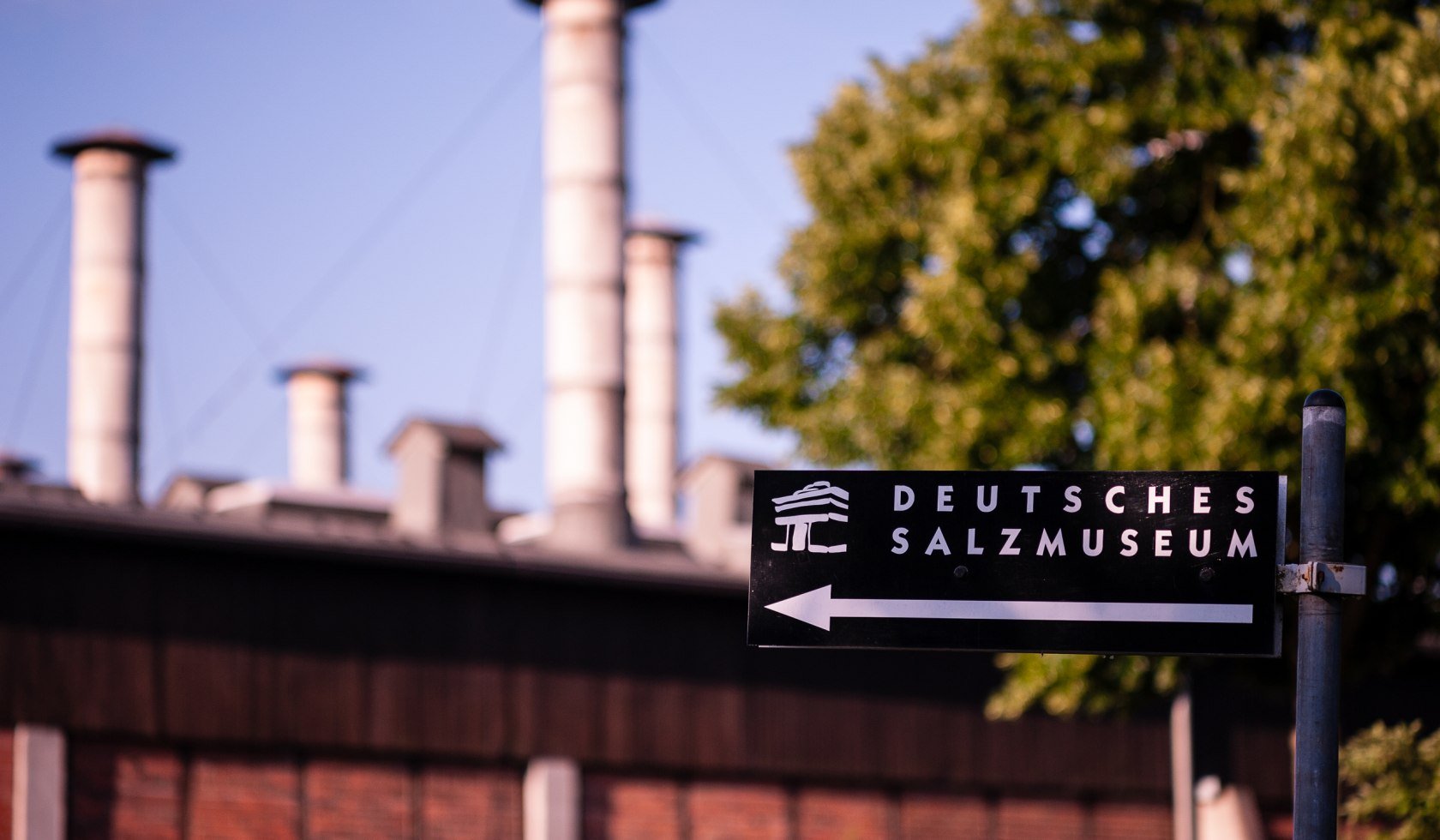Salt is white, salt makes you thirsty, salt is odourless, salt is inexpensive, salt is an insignificant white grain. Yet this grain plays an important role in the North German “capital of salt” Lüneburg. For over 1,000 years, salt shaped the history of this city, bestowing power and wealth upon it. It was not until 1980 that the Lüneburg Saltworks finally closed its doors.
The former saline is now home to the German Salt Museum, which brings the importance and history of the city of salt to life: various tradesmen worked on producing salt from brine, the most powerful being the co-called Sülfmeister. These master salters owned the boiling rights and boiling pans and were appointed annually. At Lüneburg’s biggest historical festival – the Sülfmeistertage, or Master Salter Days – the whole city commemorates the importance of “white gold”.

Arrival planning
Plan your journey to „German Salt Museum“ with Google Maps.


